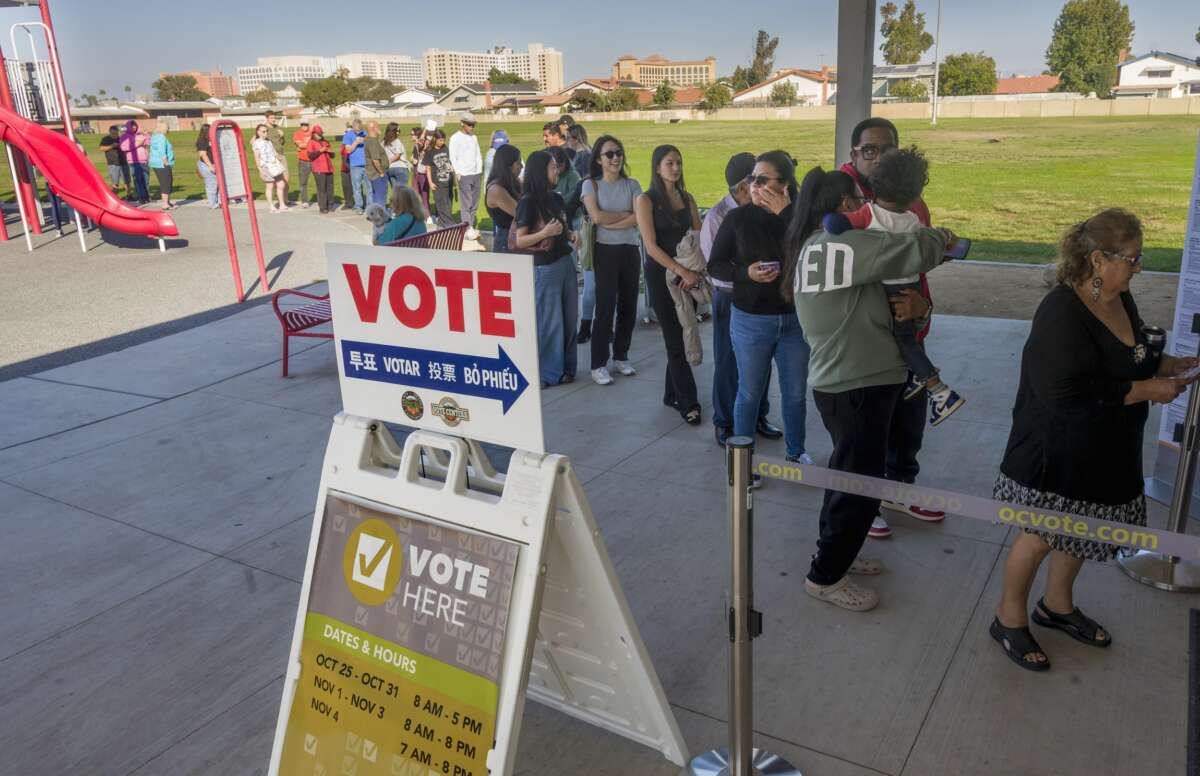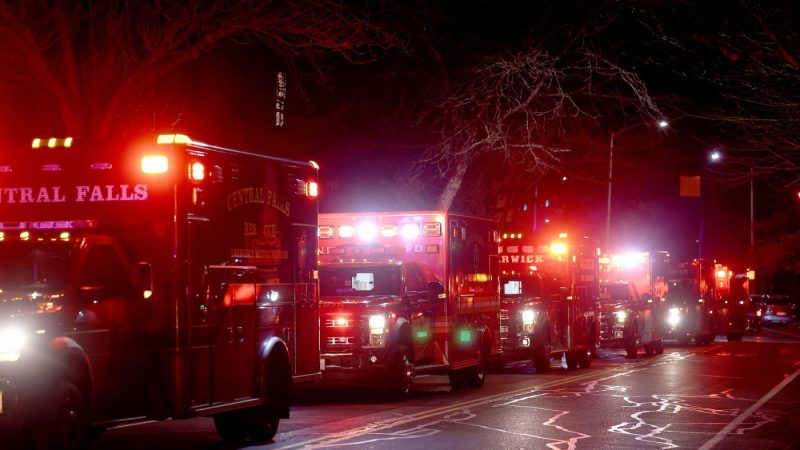UPDATE: California Republicans have launched a lawsuit against state officials just hours after voters approved a crucial ballot initiative, Proposition 50, designed to combat gerrymandering. The lawsuit was filed in federal court on October 23, 2025, aiming to invalidate the initiative that passed with 63.8% support during Tuesday’s election.
The Proposition 50 initiative seeks to suspend California’s independent redistricting commission temporarily, allowing Democrats the potential to gain an additional five House seats in the 2026 midterms. This move directly counters a nationwide GOP gerrymandering strategy aimed at mitigating losses in the upcoming elections, an initiative promoted by Gov. Gavin Newsom in response to Republican tactics across the country.
The lawsuit names the California Republican Party, Assemblymember David Tangipa, and 18 California residents as plaintiffs, while Gov. Newsom and California Secretary of State Shirley Weber are named as defendants. Attorneys representing the plaintiffs argue that the new maps violate both the 14th and 15th amendments of the U.S. Constitution, claiming they unfairly advantage Latinx voters.
In response, Newsom’s office expressed confidence that the new redistricting maps will withstand judicial scrutiny. A spokesperson remarked, “If it’s from the California Republican Party and Harmeet Dhillon’s law firm, it’s going to fail.”
Legal experts are skeptical about the Republicans’ chances of success. Harvard law professor Nicholas Stephanopoulos stated, “If there’s a properly adopted map and uncertainty over the law, typically the map will stay in effect.”
This lawsuit is not the first attempt by Republicans to challenge Proposition 50. Previous efforts aimed at blocking the initiative from appearing on the ballot have also failed.
However, the future of these maps could hinge on an upcoming Supreme Court ruling concerning Section 2 of the Voting Rights Act, which allows redistricting efforts that consider race to aid marginalized communities. Should the court decide to overturn this rule, the implications could extend beyond California, potentially impacting political boundaries in several states.
As this situation develops, the stakes are exceptionally high. A ruling against Section 2 could lead to the elimination of numerous majority-Black districts in Republican-controlled areas, fundamentally altering the political landscape.
This urgent litigation represents a pivotal moment in California politics, as the upcoming midterms approach. All eyes will be on the federal court as this case unfolds, with significant implications for voters across the state and beyond.
Stay tuned for further developments as this story continues to evolve.







